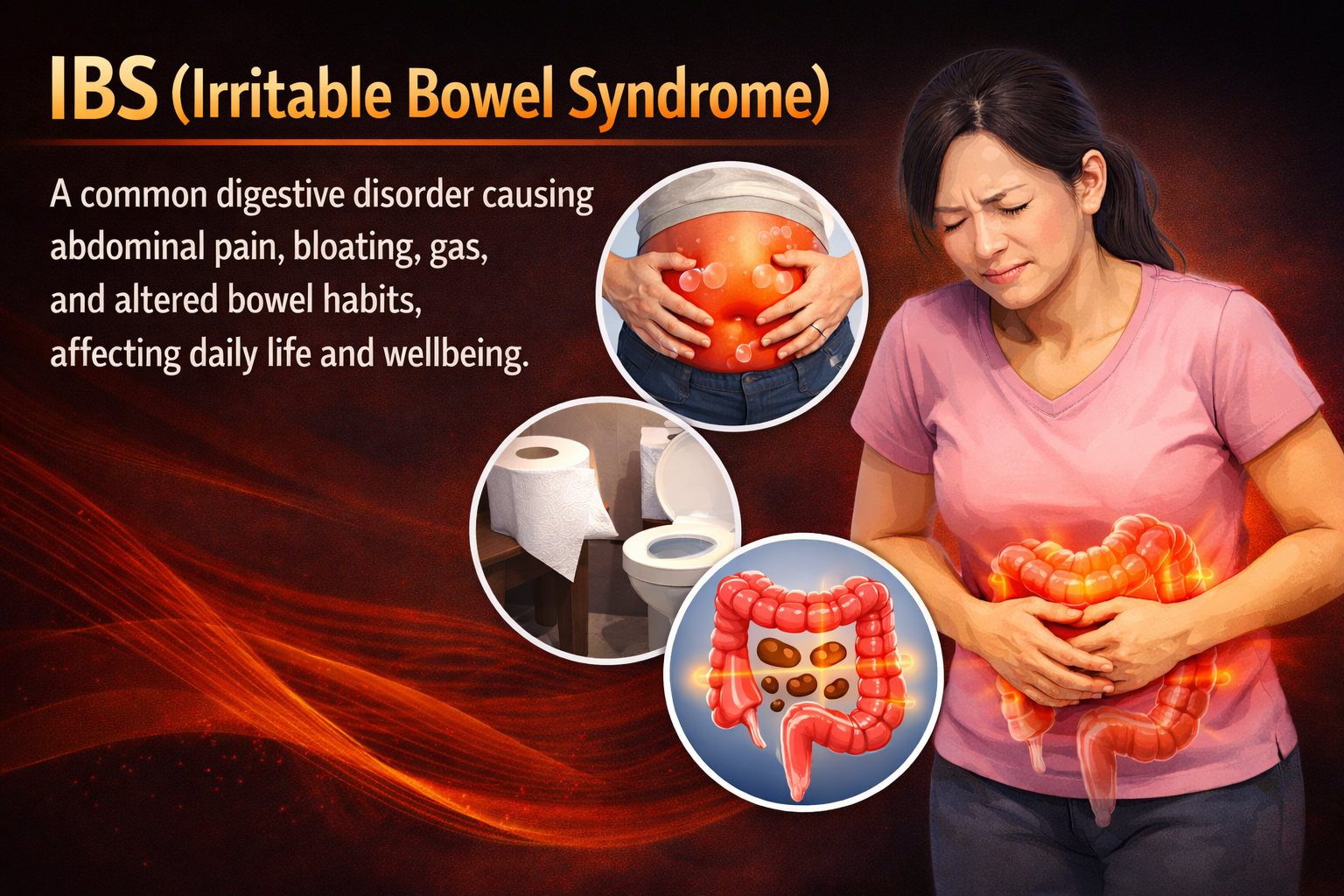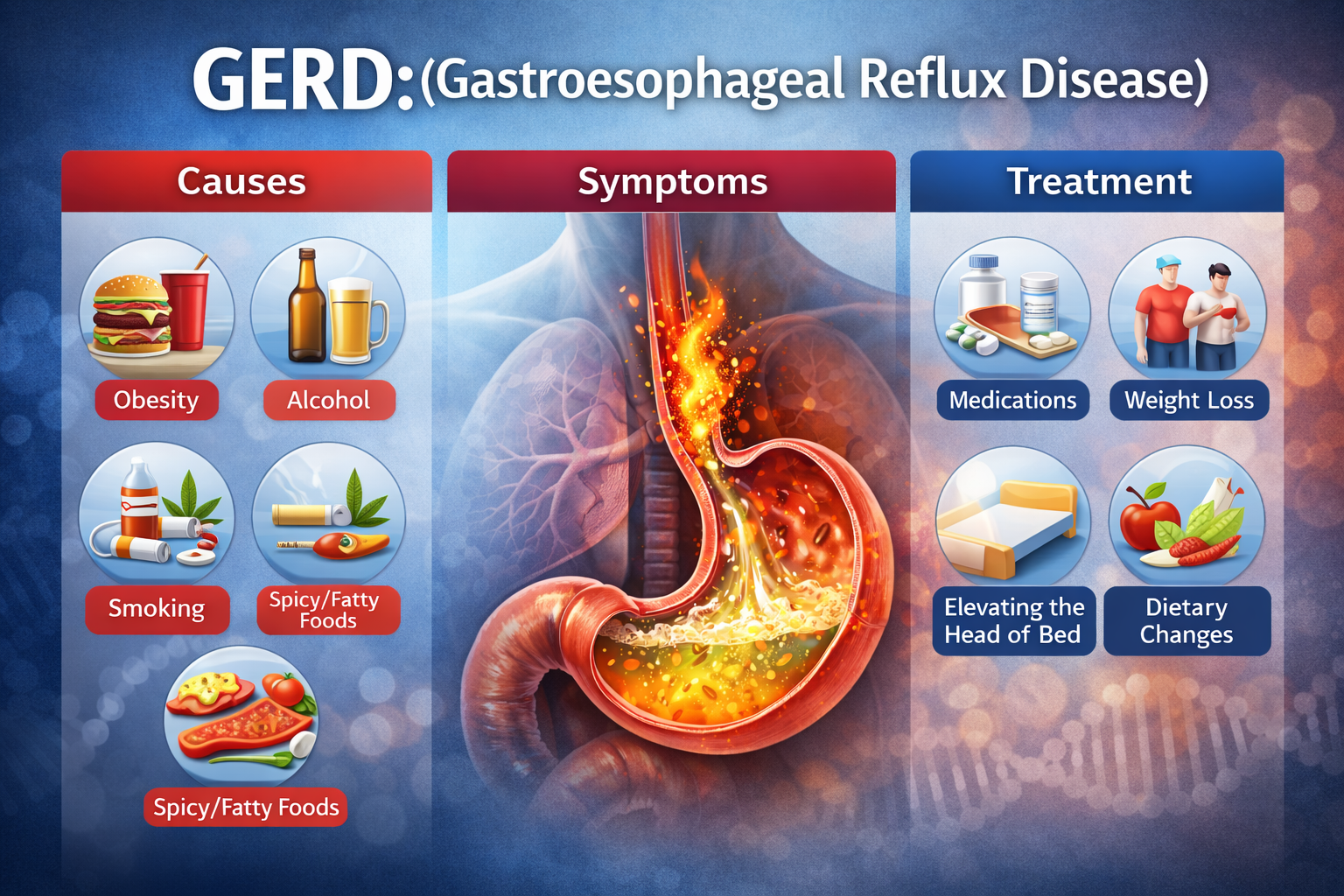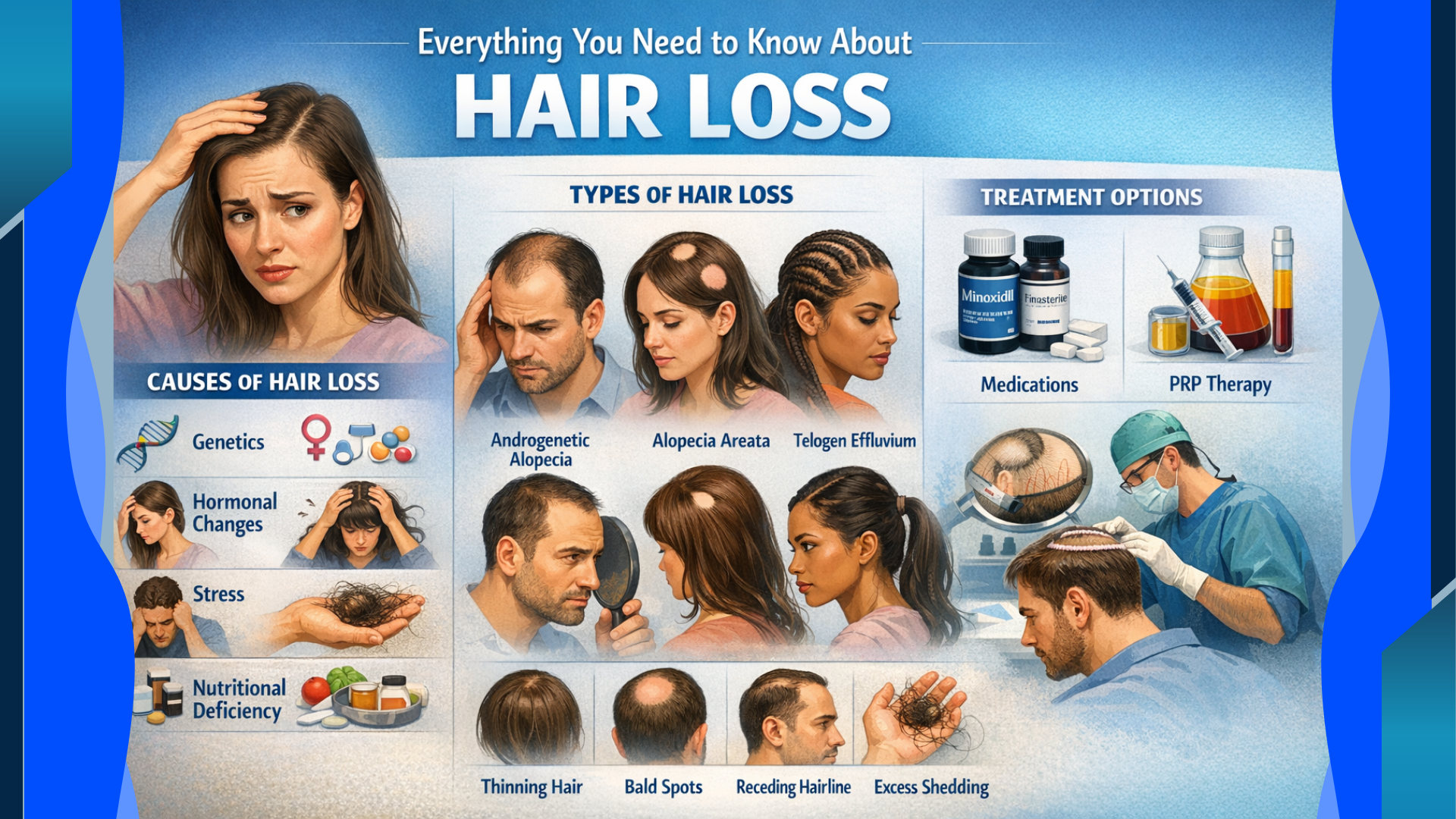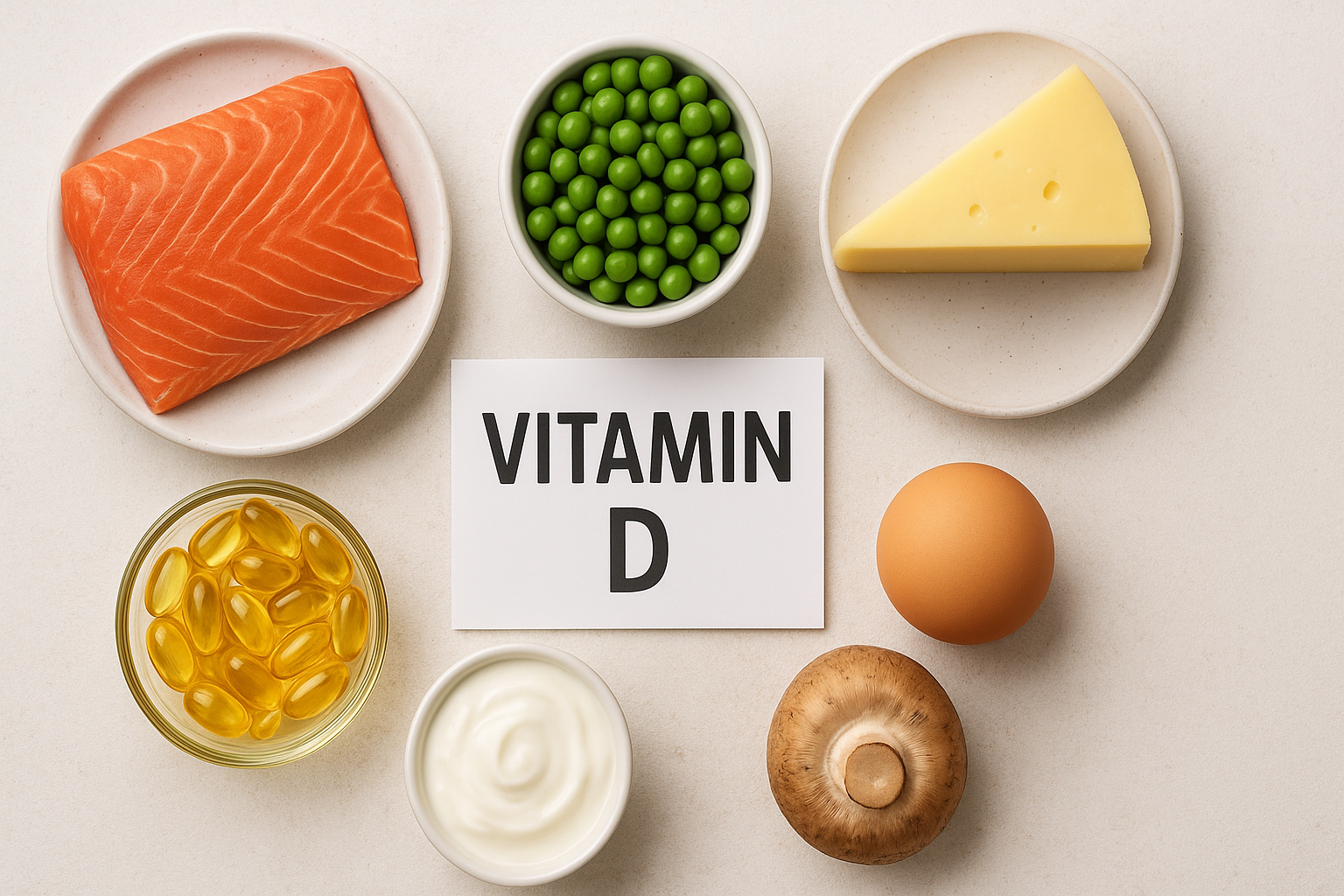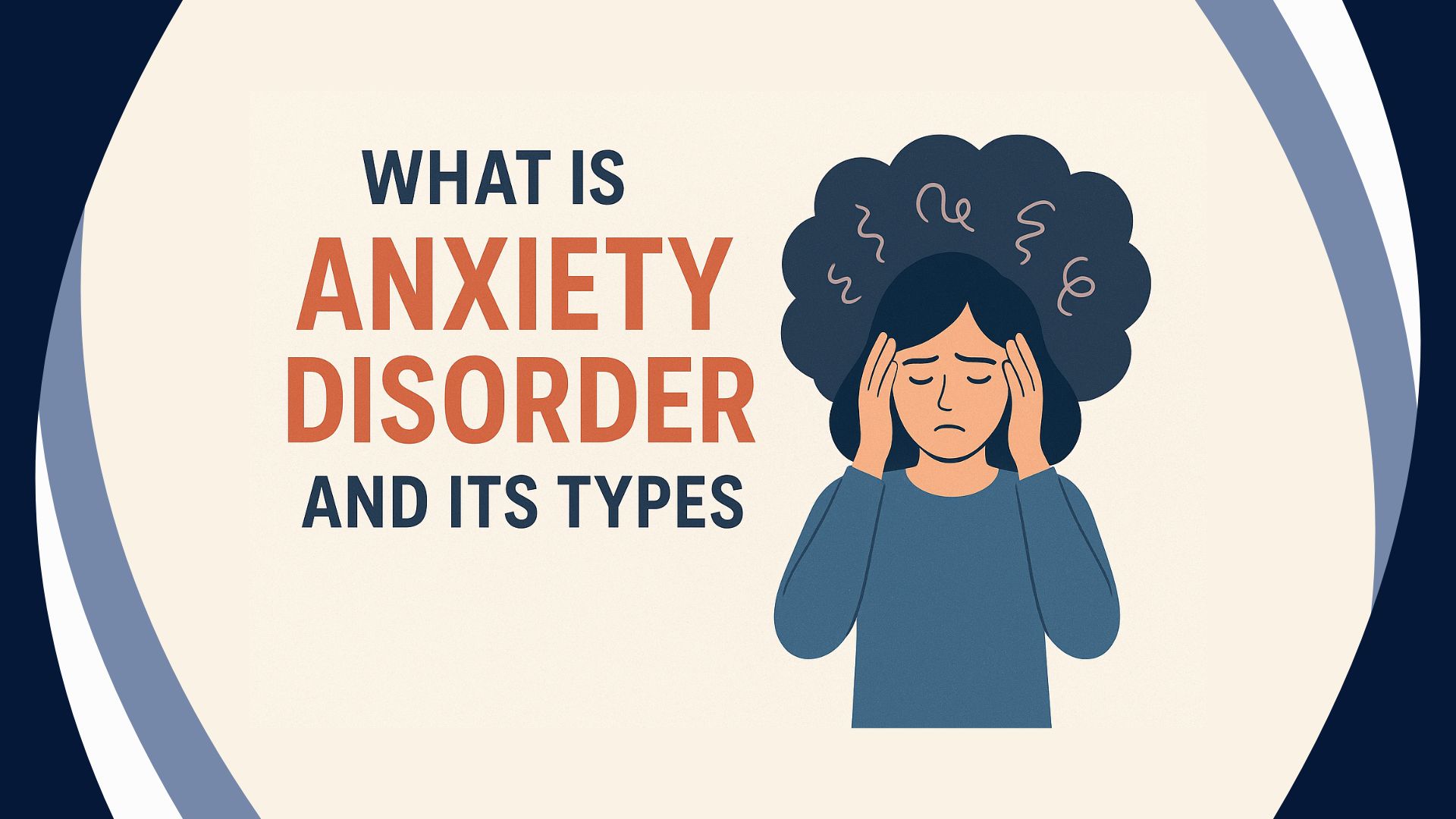Complications of pregnancy?

Complications of pregnancy are problems that can occur while a woman is pregnant. Here are some common ones, described simply:
- Gestational Diabetes: This is when a woman’s blood sugar levels become too high during pregnancy. It usually goes away after the baby is born, but it can cause problems for both mother and baby if not managed properly.
- Preeclampsia: This condition causes high blood pressure and can lead to serious health issues for both the mother and baby. It usually happens after the 20th week of pregnancy and can cause swelling, headaches, and vision changes.
- Ectopic Pregnancy: This occurs when the fertilized egg implants outside the uterus, often in a fallopian tube. It can be dangerous and needs to be treated right away because the growing egg can harm the mother.
- Miscarriage: This is when a pregnancy ends before the 20th week. It can happen for many reasons and often can’t be prevented. It can be very emotional for the mother.
- Preterm Labor: This happens when a baby is born before 37 weeks of pregnancy. Babies born too early may have health problems because they are not fully developed.
- Placenta Previa: This is when the placenta (the organ that provides nutrients to the baby) covers the cervix. It can cause bleeding and complications during delivery.
- Placental Abruption: This is when the placenta separates from the wall of the uterus before the baby is born. It can cause heavy bleeding and can be dangerous for both the mother and the baby.
- Multiple Pregnancies: Carrying more than one baby (like twins or triplets) can increase the risk of complications, such as preterm birth and gestational diabetes.
- Infections: Certain infections can affect the health of the mother and baby, such as urinary tract infections or infections like listeria.
- Hypertensive Disorders: These are conditions related to high blood pressure, including gestational hypertension, which can affect the mother’s organs and the baby’s growth.
Each of these complications can have different effects and may require different treatments or care strategies to keep both the mother and baby as healthy as possible.
8 Common Women’s Heath Issues to Know About ?
Here are eight common health issues that affect women:
- Breast Cancer: This is a cancer that forms in the cells of the breast. It’s one of the most common cancers among women, and early detection through screening can significantly improve outcomes.
- Osteoporosis: This condition causes bones to become weak and brittle, increasing the risk of fractures. It is more common in women, especially after menopause due to decreased estrogen levels.
- Cardiovascular Disease: Heart disease is a leading cause of death for women. It includes conditions such as heart attacks and strokes, and risk factors include high blood pressure, high cholesterol, and diabetes.
- Polycystic Ovary Syndrome (PCOS): PCOS is a hormonal disorder that causes enlarged ovaries with small cysts on the outer edges. It can lead to irregular periods, infertility, and symptoms like acne and excessive hair growth.
- Endometriosis: This is a condition where tissue similar to the lining inside the uterus grows outside the uterus. It can cause pain, heavy periods, and fertility problems.
- Cervical Cancer: This type of cancer occurs in the cervix and is often caused by human papillomavirus (HPV) infection. Regular Pap smears can help detect abnormal cells before they become cancerous.
- Menstrual Disorders: These include conditions like heavy menstrual bleeding (menorrhagia), painful periods (dysmenorrhea), and irregular periods. They can affect daily life and overall health.
- Thyroid Disorders: Conditions such as hypothyroidism (underactive thyroid) and hyperthyroidism (overactive thyroid) affect the thyroid gland’s ability to regulate metabolism. Symptoms can vary widely and include weight changes, fatigue, and mood swings.
These health issues can vary in severity and impact, but regular check-ups, screenings, and a healthy lifestyle can help manage and prevent many of them.
